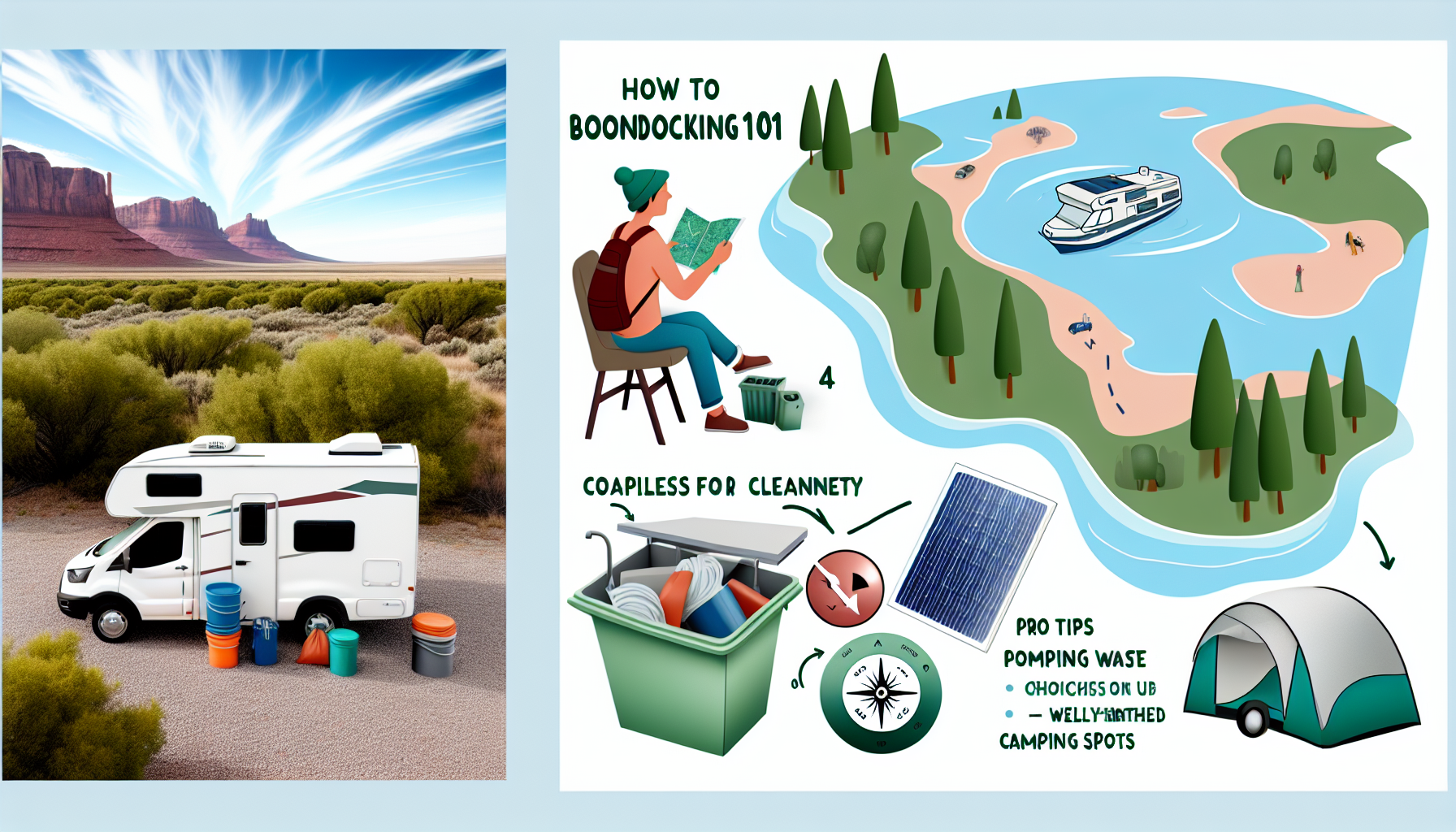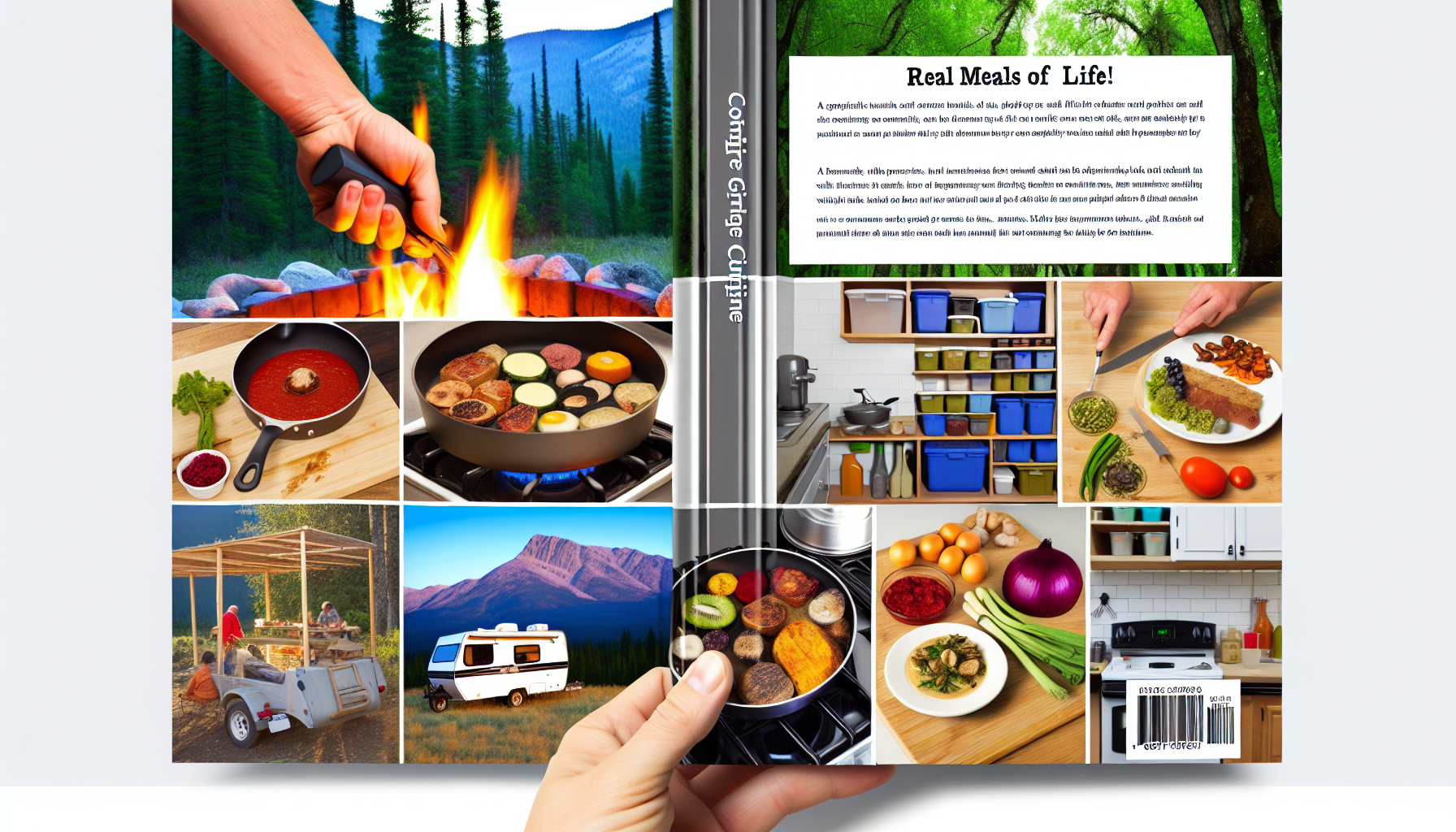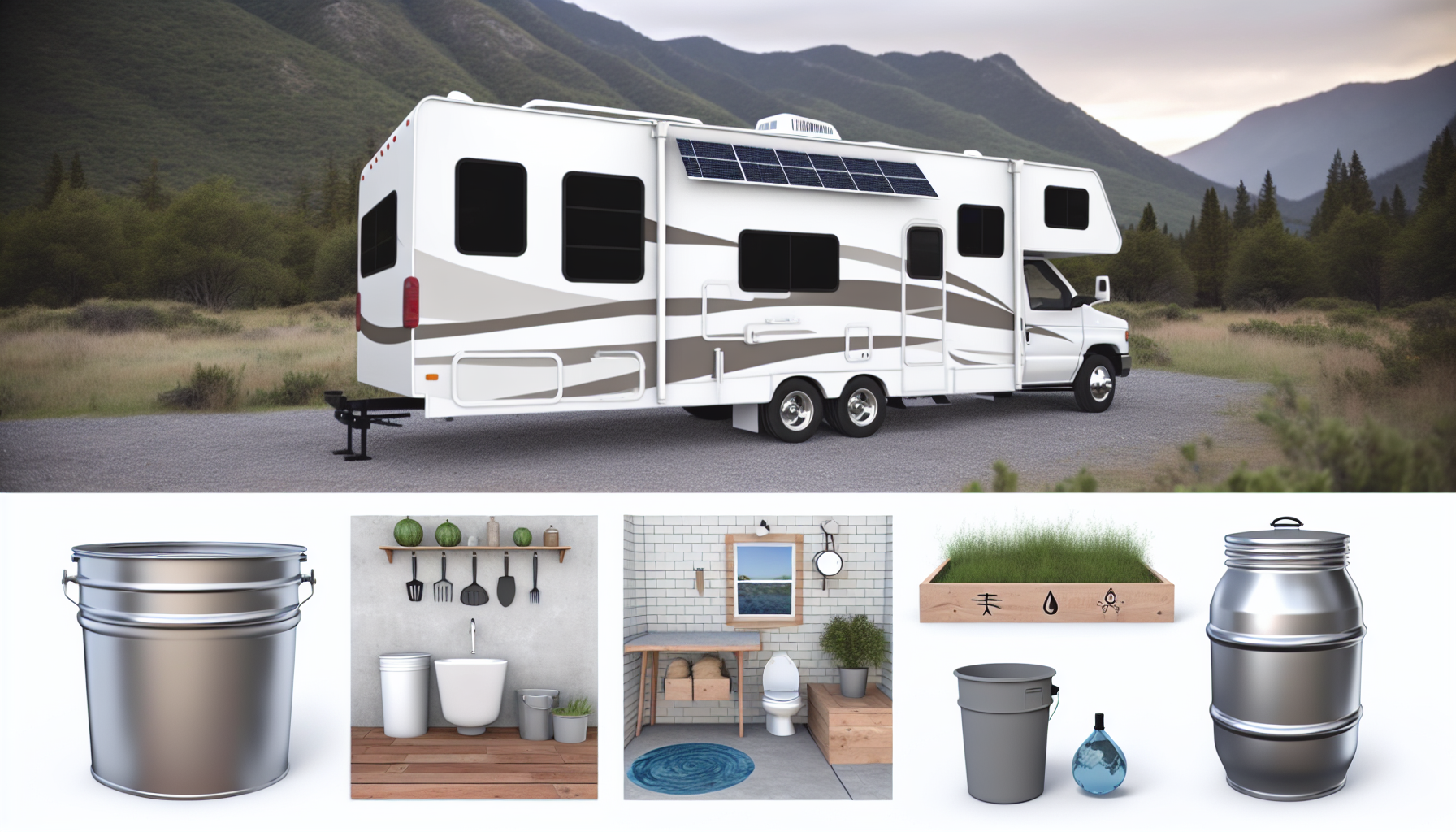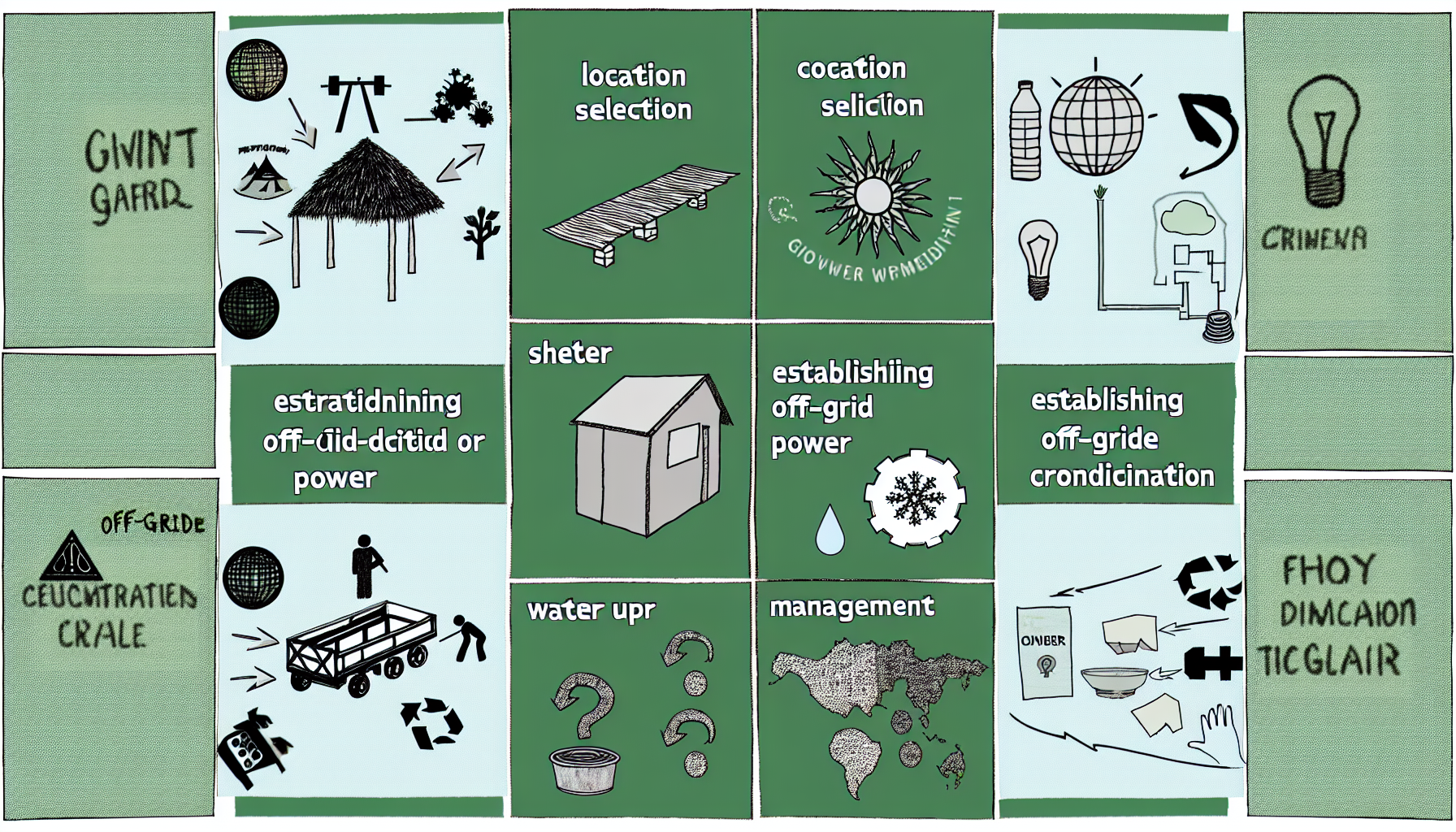Living off the grid means independence, self-reliance—and no garbage truck rumbling down your driveway. For many, this freedom also comes with a challenge: managing waste and recycling without municipal pickup. Whether you’re homesteading in the hills or living tiny in the desert, waste doesn’t disappear on its own. But with a few smart systems and a shift in mindset, off-grid waste management can be clean, efficient, and environmentally responsible.
This guide shares practical ways to deal with everyday trash, from composting to creative reuse, all while reducing what ends up in your bin in the first place.
1. Composting: Turn Scraps into Soil
Food waste is one of the heaviest items in any trash pile. Off the grid, it becomes a valuable resource.
Build a Simple Compost System
- Open-Air Pile: For rural properties, a three-bin system or even a simple pile works well.
- Enclosed Bins: Useful in wildlife-heavy areas or small spaces. Tumbling composters speed up breakdown and reduce odor.
- Vermicomposting: Worm composting indoors or in insulated bins works even in colder climates.
What to Compost:
- Fruit and veggie scraps
- Coffee grounds, tea leaves
- Crushed eggshells
- Yard trimmings and leaves
Skip These:
- Meat and dairy (they attract pests)
- Oily or processed foods
- Pet waste
Benefits: Reduces landfill waste, enriches soil for gardens, and cuts down on the need for chemical fertilizers.
2. Repurpose Before You Recycle
In off-grid living, the best kind of recycling is reuse. Many items have a second (or third) life with a little creativity.
Glass Jars & Containers
- Store dry goods, spices, or homemade cleaners
- Use as drinking glasses or lanterns
Metal Cans
- Turn into planters, scoops, or candle holders
- Use lids as garden markers
Cardboard & Paper
- Shred for compost or animal bedding
- Use in no-dig gardening (sheet mulching)
Old Clothing & Textiles
- Make cleaning rags, quilts, or insulation
- Braided rugs or pet bedding
Tip: Set up a “reuse station” in your shed or pantry to organize materials by type.
3. Plan to Produce Less Waste
The most efficient way to manage trash? Don’t create it in the first place.
Shop Smart
- Buy in bulk to reduce packaging
- Choose items with minimal or recyclable packaging
- Bring your own containers and bags when shopping
Choose Durable Over Disposable
- Use cloth napkins, bamboo utensils, and stainless-steel straws
- Invest in quality tools and appliances that can be repaired
DIY What You Can
- Make your own cleaning products with baking soda, vinegar, and essential oils
- Grow your own food to avoid plastic produce packaging
Mind the Mail
- Sign up for digital bills and catalogs
- Use a “No Junk Mail” sign if you have a delivery box
4. Recycling Without Curbside Pickup
When you do have recyclable materials, off-grid living may require a bit more effort to dispose of them responsibly.
Sort & Store
- Keep recyclables clean and dry
- Store in labeled bins until you can transport them
Find Drop-Off Points
- Local recycling centers or nearby town facilities often accept sorted materials
- Some rural co-ops or farmers markets offer periodic recycling drop-offs
Trade or Barter
- Join local “freecycle” or barter groups—someone might want your glass jars or metal scraps
Note: Always check what materials your chosen facility accepts. Recycling rules vary widely by region.
5. Hazardous Waste & Special Items
Living off the grid doesn’t exempt you from responsible disposal of items like:
- Batteries
- Electronics
- Paints and solvents
- Propane canisters
Best Practices:
- Collect and store until a local hazardous waste event or recycling center visit
- Use rechargeable batteries and solar-powered devices to reduce waste
Further Reading & Resources
Learn what to compost, how to start, and troubleshooting tips for healthy compost piles.
Tips and inspiration for reducing waste in every part of your life, including DIY recipes and product suggestions.
Find the nearest recycling centers and drop-off locations based on your zip code.
4. Mother Earth News: Off-Grid Waste Management
Articles and case studies on how off-grid homesteaders handle trash, recycling, and composting.
Living off the grid doesn’t mean living with trash. With the right systems, a bit of creativity, and a focus on reducing from the start, you can manage waste in a way that supports your land, your lifestyle, and the planet.








